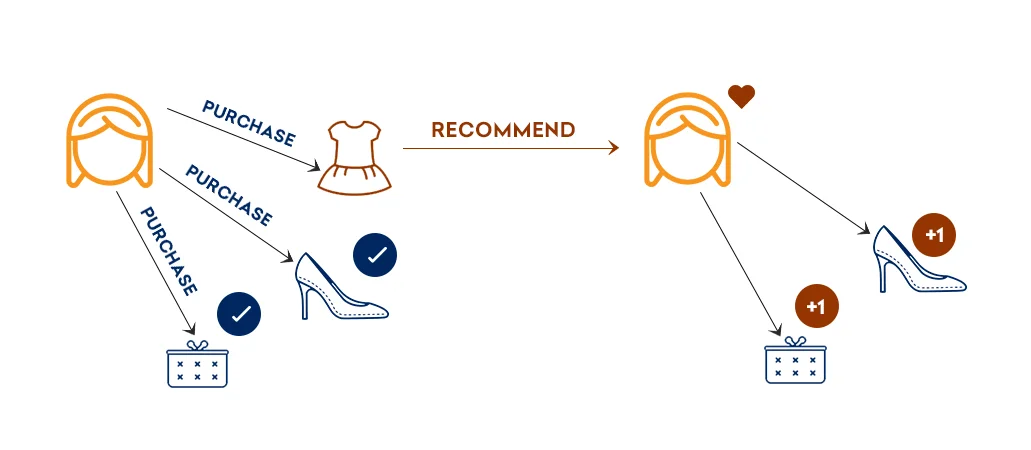Since the advent of eCommerce, the industry has been dependent on technology in various ways. In fact, eCommerce is at the forefront of adopting new technologies to tackle data. Today, data is entangled in everything; it’s no longer just a piece of information a user had intentionally stored. It’s part of everything we do, every action we take, every place we go, and every device we interact with.
Similarly, if eCommerce firms need to excel in the data world. They must answer some important questions like the type of data they collect, how long they keep it, who has access to it, and what controls they have around their application security and the operational security of their data platform. To answer these questions, an eCommerce firm needs to consider Data Engineering. Irrespective of where you are on the eCommerce site, it is watching and learning whenever you click. It’s a genie taking the guesswork out of boundless consumer data. Imagine your site morphing into somewhat of a crystal ball.
Better Search with Data Engineering
One decade ago, eCommerce sites had limited search capabilities. If you searched for a product, high chance, you had to remember the exact keyword for the product. However, now with advanced data engineering capabilities, this scenario has changed. Now the site search will display all the searches related to your preferred product even if you don’t search for the exact keyword.
Targeted Recommendation
Personalized recommendations use trends and patterns of user-item interactions on the eCommerce site. Then the platform displays similar recommendations to present users based on their existing interactions. The core idea is based on clustering consumers of similar tastes together.

Similarly, eCommerce giants use collaborative filtering. They paint a picture of a user based on shopping patterns and behaviors and recommend other products to that user based on what people with the same profile have purchased.
Interested to explore 3 Ways to Accelerate eCommerce A/B Tests
Price Optimization
We are always on the lookout for discounts and lower prices of the product. eCommerce sites utilize data analysis to discover opportunities to drive down prices to a certain point during holiday seasons. For instance, eCommerce giants stock a high selling product before the holiday season and drop the price of a product once demand surges just to give a perception to their customers that they are selling the product at the cheapest price.
Final Words
In today’s data-driven world, successful eCommerce companies are digging into data to uncover consumer behavior and to help build a pathway to prove or disprove new trends.
This shows that smart data can accelerate the e-commerce industry further into the domain of technology than was initially projected. Additionally, new technologies and smart data could propel the generation of new ideas and promote innovation in this industry. In turn, the right synergy could boost profitability. However, if one misinterprets the data, the results can be catastrophic, and discourage e-commerce sales drastically, whereas, accurate data is the key to understanding and targeting the right customers.










